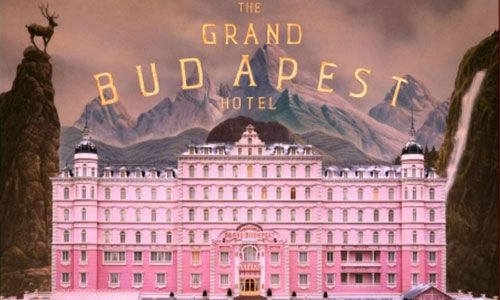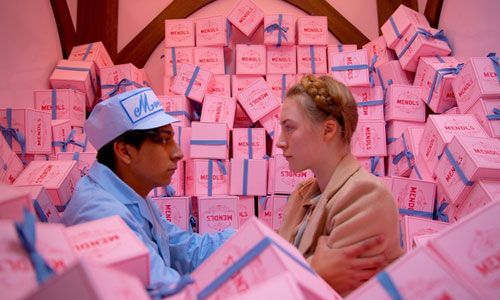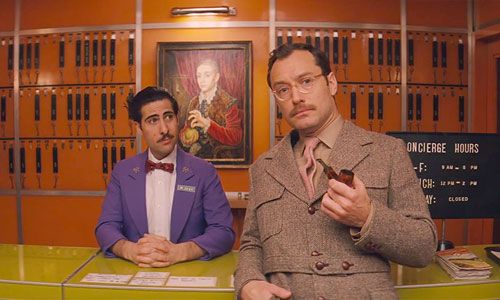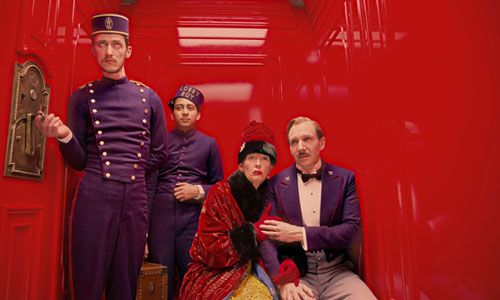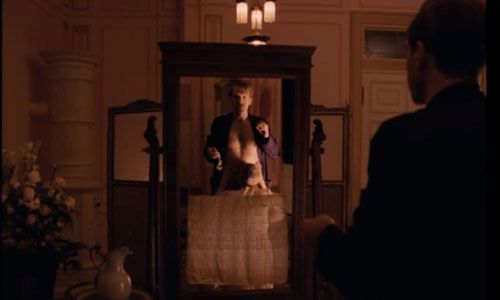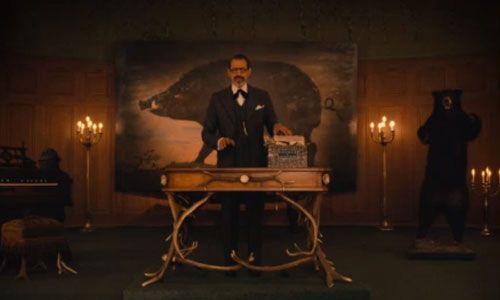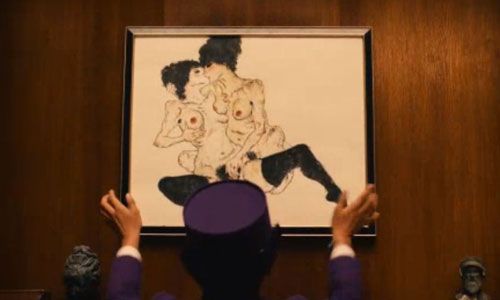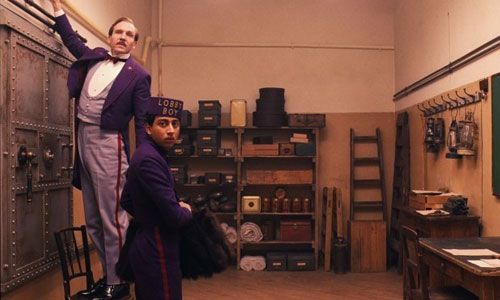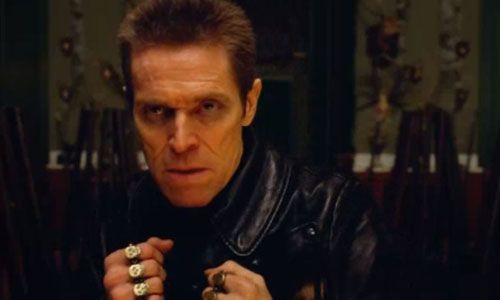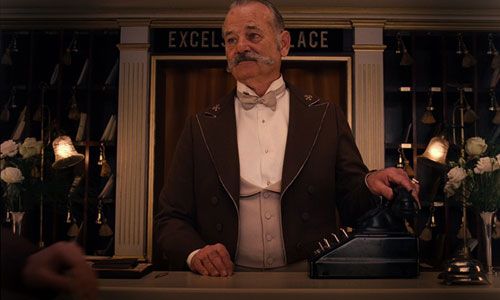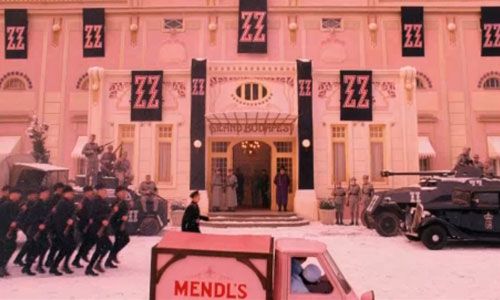#the grand budapest hotel review
a fairy tale narrative told over a murder mystery novel.
The Grand Budapest Hotel is a film by the fabled Wes Anderson. It is his immediate follow-up to his 2012 hit Moonrise Kingdom and like such, shines on its ability as a story-telling masterpiece.
The film opens on multiple timelines that work as layers as one peels back to reveal another. It opens on a novel that is then taken over by the author’s narration of himself being told the story that he has written. The story follows a concierge that ran an esteemed hotel. Gustave was his name and he held great pride in his work as he kept a tight leash on his hotel and its workers making sure his guests were always entertained and taken care of. He also indulged in multiple affairs with many of the hotel’s guests, but only those that were lonely old rich women, who also happened to be blonde. One of the women meet a tragic demise and leaves a fortune to Gustave, however to his plight he is also charged with her murder, and he must now prove his innocence while avoiding the inevitable invasion of Mitteleuropa by the Fascists.
This is probably some of the best story-telling I have seen as it intermingles a murder mystery atop of an almost fantastical adventure story. One can assume Anderson takes from the works of Agatha Christie as he made room to make a character named Agatha.
At face value this film is a metaphorical tale about the death of chivalry. For, Gustave (Ralph Fiennes) goes out of his way to always portray a polite and calm demeanor, regardless of his current situation. His fault as a human lies in that he’s a philandering fool preying on the vulnerability of lonely old women, but the audience can’t help but side with his whimsical character for he authentically cares for all his lovers. It isn’t until the invasion of Poland which sparks the beginning of WWII, do we realize that was the proverbial “end” of chivalry as the entire world gets engulfed into war as well as the inevitable the loss of innocence that goes with the territory of total war.
Anderson’s artistic direction in this film was magnificent as CGI is substituted with practical set pieces that are infused into the film to look like a giant model unit created by that of a hobbyist; in this case it’s Wes Anderson. As closeups and vignettes are used to portray important aspects. Anderson also cleverly plays with the aspect ratio of the film in the same school of thought as Soderbergh to represent the different time periods in which the film takes place.
One aspect of the film that I really enjoyed was how the film takes place during the rise of the Third Reich, but the film never openly admits to the portrayal of Nazism. Anderson employs the use symbolic euphemisms as the SS symbol is cleverly disguised as Z’s that also look a little like lightning bolts. He doesn’t count on the momentum of WWII to drive his film as it stands on its own merit.
Anderson has come a long way in terms of his writing/directing since Bottle Rocket. Admittedly so, I was personally never a fan of his work until Darjeeling Limited, because that was the first of his films I felt, started to make sense, for he always portrayed his actors as disjunctive shells of human beings that appear too doped up on Xanax for me to ever care about. However, his style always compelled me to throw money his way for the price of admission, and I am glad I did for this film does not disappoint.
4/4
-DK

